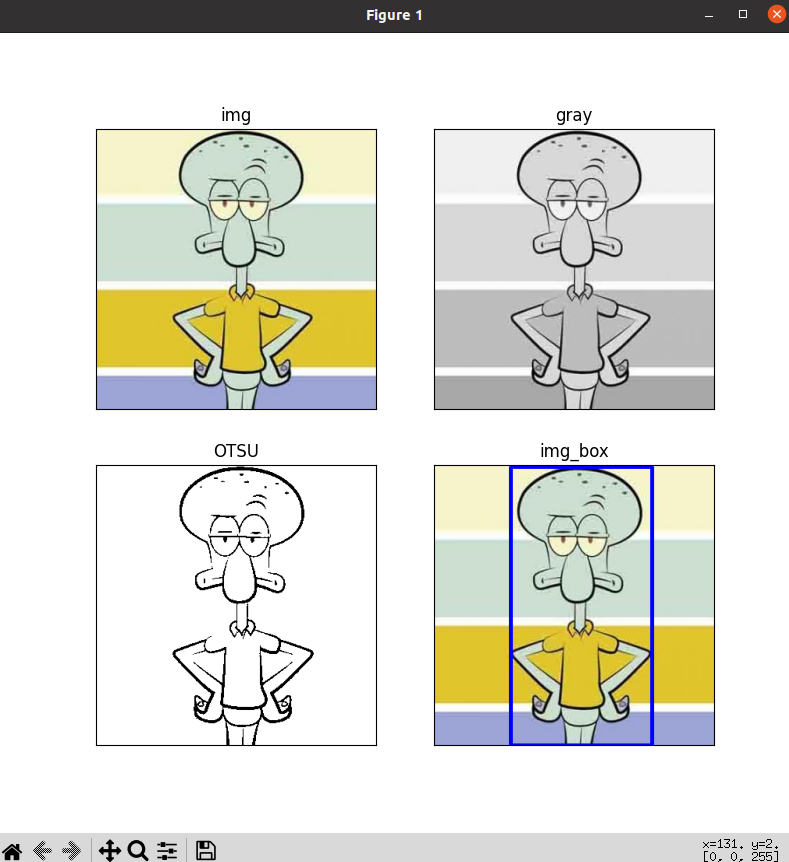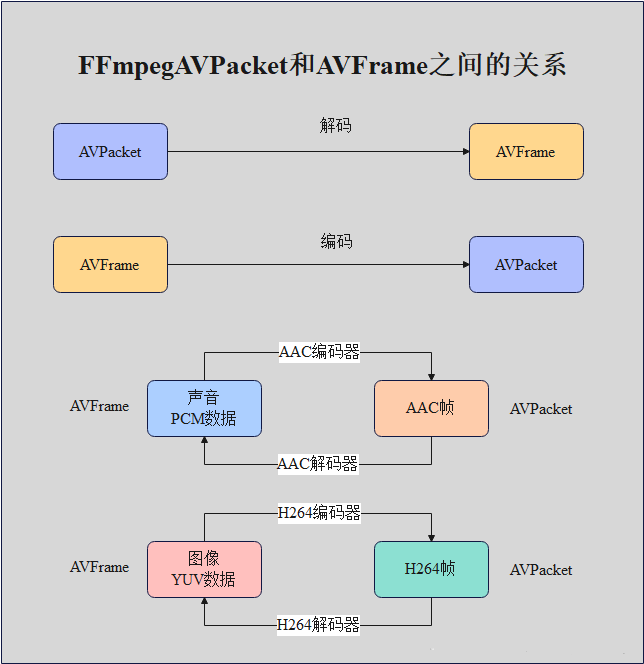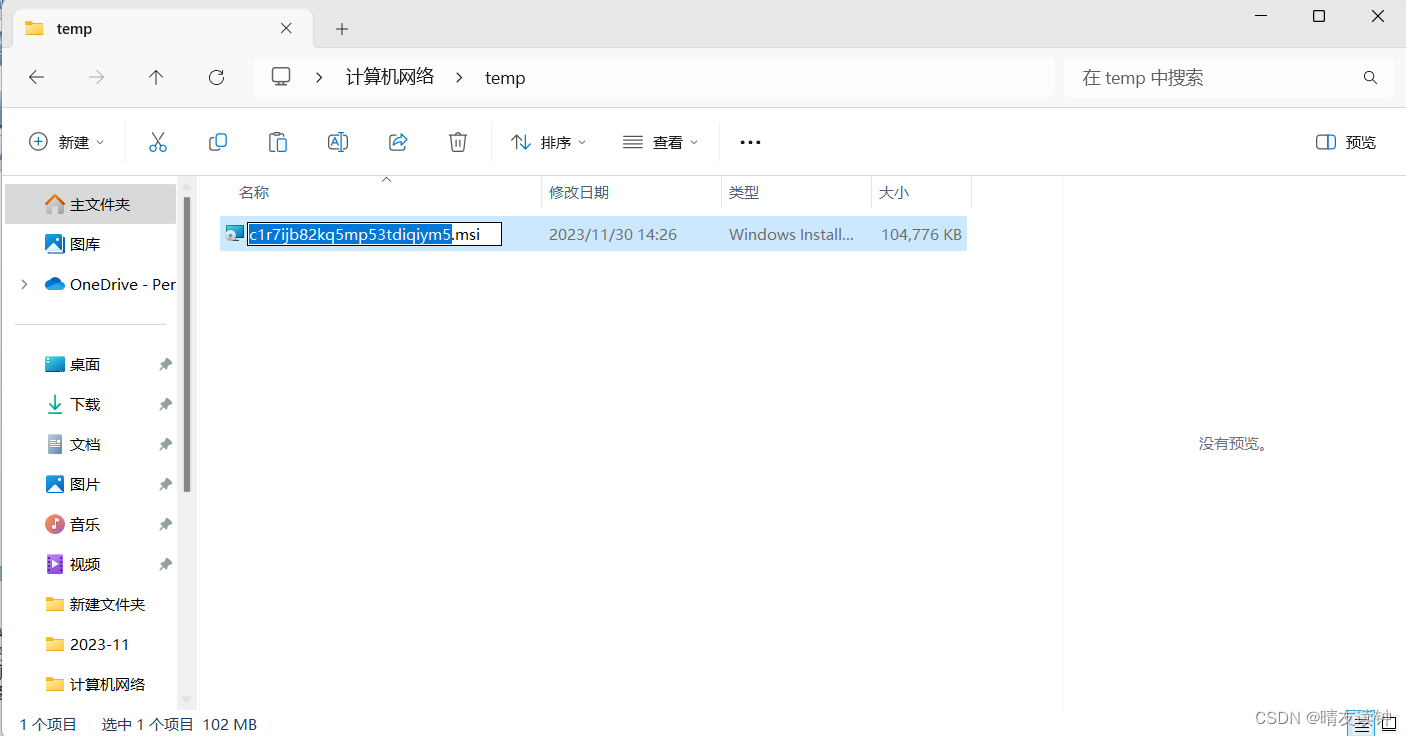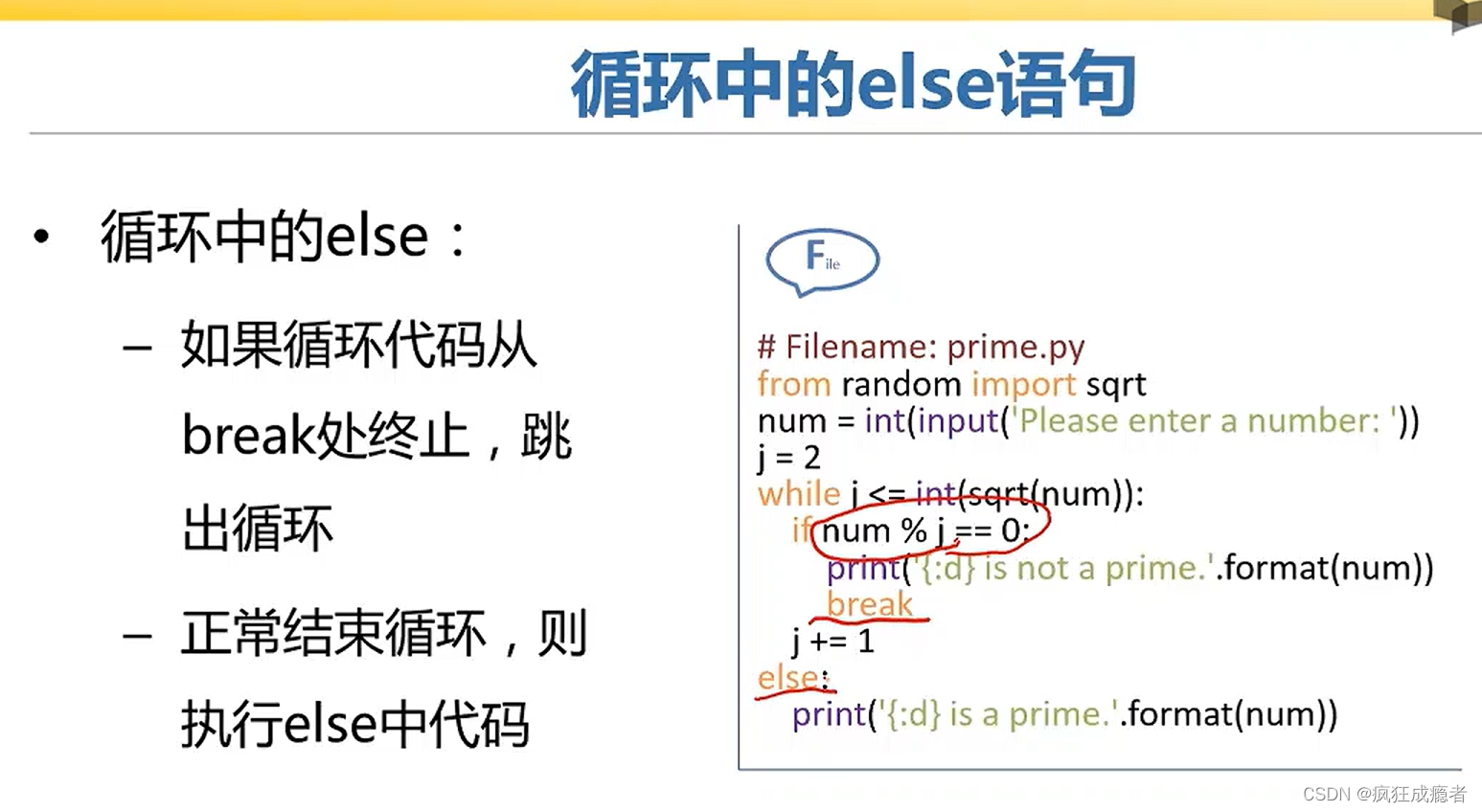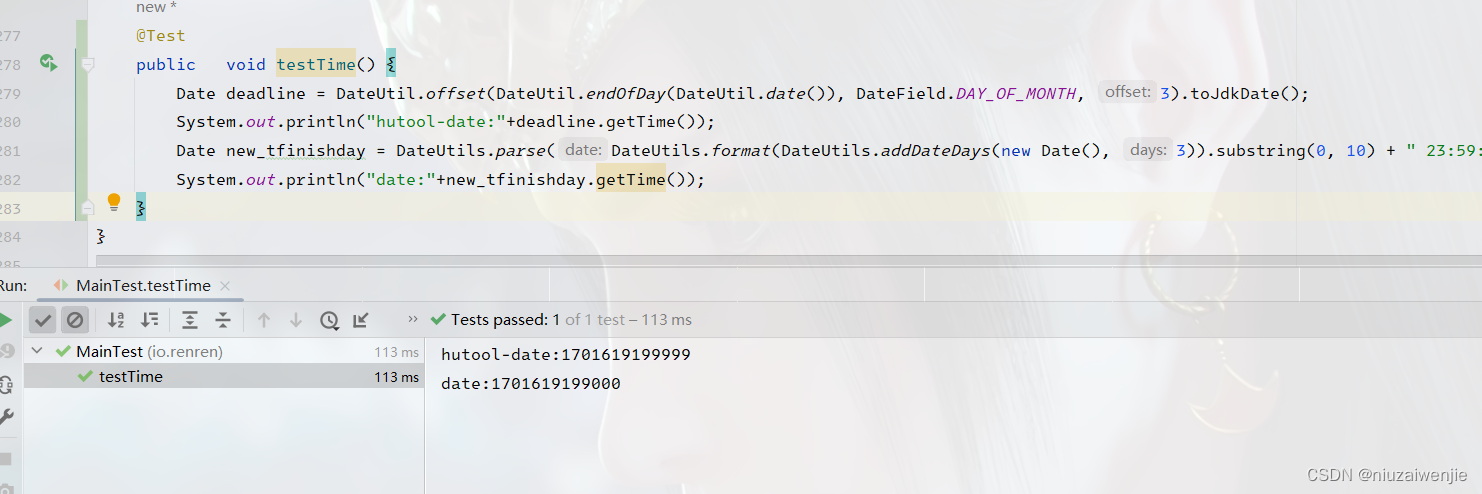Containerd Container管理功能解析
container是containerd的一个核心功能,用于创建和管理容器的基本信息。
本篇containerd版本为v1.7.9。
更多文章访问 https://www.cyisme.top
本文从ctr c create命令出发,分析containerd的容器及镜像管理相关功能。

ctr命令
ctr container相关命令的实现在cmd/ctr/commands/containers目录中。
// 查看文件 cmd/ctr/commands/containers/containers.go
var createCommand = cli.Command{// 省略内容...Action: func(context *cli.Context) error {// 省略内容...client, ctx, cancel, err := commands.NewClient(context)if err != nil {return err}defer cancel()_, err = run.NewContainer(ctx, client, context)if err != nil {return err}return nil},
}
// 查看文件`cmd/ctr/commands/run/run_unix.go`
func NewContainer(ctx gocontext.Context, client *containerd.Client, context *cli.Context) (containerd.Container, error) {// 省略内容...if config {cOpts = append(cOpts, containerd.WithContainerLabels(commands.LabelArgs(context.StringSlice("label"))))opts = append(opts, oci.WithSpecFromFile(context.String("config")))} else {// 省略内容...if context.Bool("rootfs") {// 是否以指定的本地文件系统运行,而不是镜像rootfs, err := filepath.Abs(ref)if err != nil {return nil, err}opts = append(opts, oci.WithRootFSPath(rootfs))cOpts = append(cOpts, containerd.WithContainerLabels(commands.LabelArgs(context.StringSlice("label"))))} else {snapshotter := context.String("snapshotter")var image containerd.Image// 获取镜像信息 grpci, err := client.ImageService().Get(ctx, ref)if err != nil {return nil, err}// 是否指定了平台, 未指定则使用默认平台(client.platform)if ps := context.String("platform"); ps != "" {platform, err := platforms.Parse(ps)if err != nil {return nil, err}image = containerd.NewImageWithPlatform(client, i, platforms.Only(platform))} else {image = containerd.NewImage(client, i)}// 目标镜像是否已经解压,未解压则解压// 解压相关解析可以看我的《Containerd Snapshots功能解析》这篇文章unpacked, err := image.IsUnpacked(ctx, snapshotter)if err != nil {return nil, err}if !unpacked {if err := image.Unpack(ctx, snapshotter); err != nil {return nil, err}}//省略生成配置代码...}// 省略生成配置代码...// 容器是否为特权容器,有直接访问宿主机的权限privileged := context.Bool("privileged")privilegedWithoutHostDevices := context.Bool("privileged-without-host-devices")if privilegedWithoutHostDevices && !privileged {return nil, fmt.Errorf("can't use 'privileged-without-host-devices' without 'privileged' specified")}if privileged {if privilegedWithoutHostDevices {opts = append(opts, oci.WithPrivileged)} else {opts = append(opts, oci.WithPrivileged, oci.WithAllDevicesAllowed, oci.WithHostDevices)}}// 省略生成配置代码...// rootfsPropagation 用于控制容器文件系统的挂载传播行为// 响容器内部文件系统和主机文件系统之间的挂载关系// 当容器内的文件系统发生变更时,这些变更如何传播到主机文件系统。rootfsPropagation := context.String("rootfs-propagation")if rootfsPropagation != "" {opts = append(opts, func(_ gocontext.Context, _ oci.Client, _ *containers.Container, s *oci.Spec) error {if s.Linux != nil {s.Linux.RootfsPropagation = rootfsPropagation} else {s.Linux = &specs.Linux{RootfsPropagation: rootfsPropagation,}}return nil})}// 省略生成配置代码...}// 省略生成配置代码...// oci.WithImageConfig (WithUsername, WithUserID) depends on access to rootfs for resolving via// the /etc/{passwd,group} files. So cOpts needs to have precedence over opts.return client.NewContainer(ctx, id, cOpts...)
}
// client.go
func (c *Client) NewContainer(ctx context.Context, id string, opts ...NewContainerOpts) (Container, error) {// 调用grpc, 创建containerr, err := c.ContainerService().Create(ctx, container)if err != nil {return nil, err}return containerFromRecord(c, r), nil
}
containerd grpc
主要涉及到image和container两个服务。
image服务
// 获取镜像信息 grpc
i, err := client.ImageService().Get(ctx, ref)
if err != nil {return nil, err
}
containerd中的image服务相关实现,在 services/images/local.go 中。
这里解析Get和Delete两个方法, Create和Update可以看 《Containerd Snapshots功能解析》 这篇文章。
// image service 结构体定义
type local struct {// bbolt 数据库store images.Store// 用于删除时的清理操作gc gcScheduler// 用于发布事件publisher events.Publisher// 这里用于发出弃用警告warnings warning.Service
}
// 获取镜像
func (l *local) Get(ctx context.Context, req *imagesapi.GetImageRequest, _ ...grpc.CallOption) (*imagesapi.GetImageResponse, error) {// 从数据库中获取镜像信息image, err := l.store.Get(ctx, req.Name)if err != nil {return nil, errdefs.ToGRPC(err)}// 省略代码...
}
// 删除镜像
func (l *local) Delete(ctx context.Context, req *imagesapi.DeleteImageRequest, _ ...grpc.CallOption) (*ptypes.Empty, error) {log.G(ctx).WithField("name", req.Name).Debugf("delete image")if err := l.store.Delete(ctx, req.Name); err != nil {return nil, errdefs.ToGRPC(err)}// 省略代码...// 清理操作if req.Sync {if _, err := l.gc.ScheduleAndWait(ctx); err != nil {return nil, err}}return &ptypes.Empty{}, nil
}
镜像管理的接口逻辑比较简单,最终都是对bbolt数据库的操作。
这里仅用Get方法举例说明, 其他操作均是调用bbolt数据库的相关方法。
// 镜像存储结构体定义
type imageStore struct {db *DB
}
func (s *imageStore) Get(ctx context.Context, name string) (images.Image, error) {var image images.Image// 获取namespace// namespace是containerd中的一个概念,用于隔离不同的用户或者应用// 一个namespace独享一个bucketnamespace, err := namespaces.NamespaceRequired(ctx)if err != nil {return images.Image{}, err}if err := view(ctx, s.db, func(tx *bolt.Tx) error {// 使用namespce,获取镜像所在的bucketbkt := getImagesBucket(tx, namespace)if bkt == nil {return fmt.Errorf("image %q: %w", name, errdefs.ErrNotFound)}// 获取镜像信息ibkt := bkt.Bucket([]byte(name))if ibkt == nil {return fmt.Errorf("image %q: %w", name, errdefs.ErrNotFound)}image.Name = nameif err := readImage(&image, ibkt); err != nil {return fmt.Errorf("image %q: %w", name, err)}return nil}); err != nil {return images.Image{}, err}return image, nil
}
snapshot服务
镜像的解压操作会涉及到snapshot服务,相关解析可以看 《Containerd Snapshots功能解析》 这篇文章。
if !unpacked {if err := image.Unpack(ctx, snapshotter); err != nil {return nil, err}
}
container服务
// 调用grpc, 创建container
r, err := c.ContainerService().Create(ctx, container)
if err != nil {return nil, err
}
containerd中的image服务相关实现,在 services/containers/local.go 中。
这里仅解析Create和Update方法, 其余方法逻辑比较简单。
// container service 结构体定义
type local struct {// 用于存储container的基础信息// containers.Store是定义的interface, 限制了容器相关的操作范围,仅增删查改,并做了业务逻辑处理containers.Store// 用于存储container的元数据// metadata.DB是基础的数据存储模块。db *metadata.DB// 实际运行时,实现containers.Store接口的结构内部也有一个db对象,实际上和上述的db是同一个对象。publisher events.Publisher
}
// 创建container
func (l *local) Create(ctx context.Context, req *api.CreateContainerRequest, _ ...grpc.CallOption) (*api.CreateContainerResponse, error) {var resp api.CreateContainerResponse// 在bbolt数据库中创建container记录if err := l.withStoreUpdate(ctx, func(ctx context.Context) error {container := containerFromProto(req.Container)created, err := l.Store.Create(ctx, container)if err != nil {return err}resp.Container = containerToProto(&created)return nil}); err != nil {return &resp, errdefs.ToGRPC(err)}// 省略代码...return &resp, nil
}
// 更新container
func (l *local) Update(ctx context.Context, req *api.UpdateContainerRequest, _ ...grpc.CallOption) (*api.UpdateContainerResponse, error) {// 省略代码...if err := l.withStoreUpdate(ctx, func(ctx context.Context) error {// 获取需要更新的字段var fieldpaths []stringif req.UpdateMask != nil && len(req.UpdateMask.Paths) > 0 {fieldpaths = append(fieldpaths, req.UpdateMask.Paths...)}updated, err := l.Store.Update(ctx, container, fieldpaths...)if err != nil {return err}resp.Container = containerToProto(&updated)return nil})// 省略代码...
}
实际调用的是containers.Store接口的方法, 接口实现在 metadata/containers.go。
// 创建container
// metadata/containers.go
func (s *containerStore) Create(ctx context.Context, container containers.Container) (containers.Container, error) {// 获取namespacenamespace, err := namespaces.NamespaceRequired(ctx)if err != nil {return containers.Container{}, err}// 验证containerif err := validateContainer(&container); err != nil {return containers.Container{}, fmt.Errorf("create container failed validation: %w", err)}// 在bbolt数据库中创建container记录if err := update(ctx, s.db, func(tx *bolt.Tx) error {// 获取namespace对应的bucketbkt, err := createContainersBucket(tx, namespace)if err != nil {return err}// 创建container对应的bucketcbkt, err := bkt.CreateBucket([]byte(container.ID))if err != nil {if err == bolt.ErrBucketExists {err = fmt.Errorf("container %q: %w", container.ID, errdefs.ErrAlreadyExists)}return err}// 更新container时间相关信息container.CreatedAt = time.Now().UTC()container.UpdatedAt = container.CreatedAtif err := writeContainer(cbkt, &container); err != nil {return fmt.Errorf("failed to write container %q: %w", container.ID, err)}return nil}); err != nil {return containers.Container{}, err}return container, nil
}
func (s *containerStore) Update(ctx context.Context, container containers.Container, fieldpaths ...string) (containers.Container, error) {// 省略获取namespace代码...var updated containers.Containerif err := update(ctx, s.db, func(tx *bolt.Tx) error {// 省略获取bucket、container代码...if len(fieldpaths) == 0 {// only allow updates to these field on full replace.fieldpaths = []string{"labels", "spec", "extensions", "image", "snapshotkey"}// 这里是container的一些基础信息,不允许更新// Snapshotter改变会导致container的快照信息丢失, 相当于从新创建// Runtime改变会导致container的运行时信息丢失, 相当于从新创建if updated.Snapshotter != container.Snapshotter {return fmt.Errorf("container.Snapshotter field is immutable: %w", errdefs.ErrInvalidArgument)}if updated.Runtime.Name != container.Runtime.Name {return fmt.Errorf("container.Runtime.Name field is immutable: %w", errdefs.ErrInvalidArgument)}}// 省略更新字段更新代码...return nil}); err != nil {return containers.Container{}, err}return updated, nil
}
总结
containerd的容器管理功能,主要是通过grpc调用containerd的image和container服务实现的。
container创建时会获取镜像快照信息(解压/挂载),命令行参数会转换成oci配置,最终生成container的基础信息。
container的创建动作仅生成数据,用于后续的container start(task)操作。

